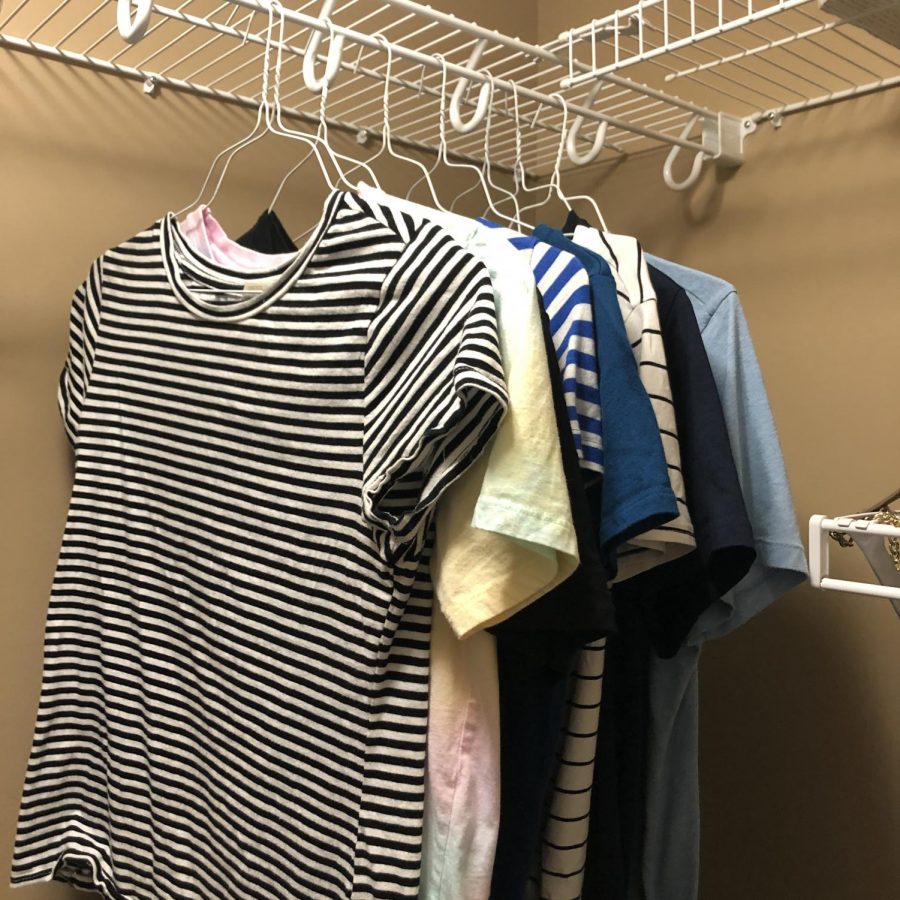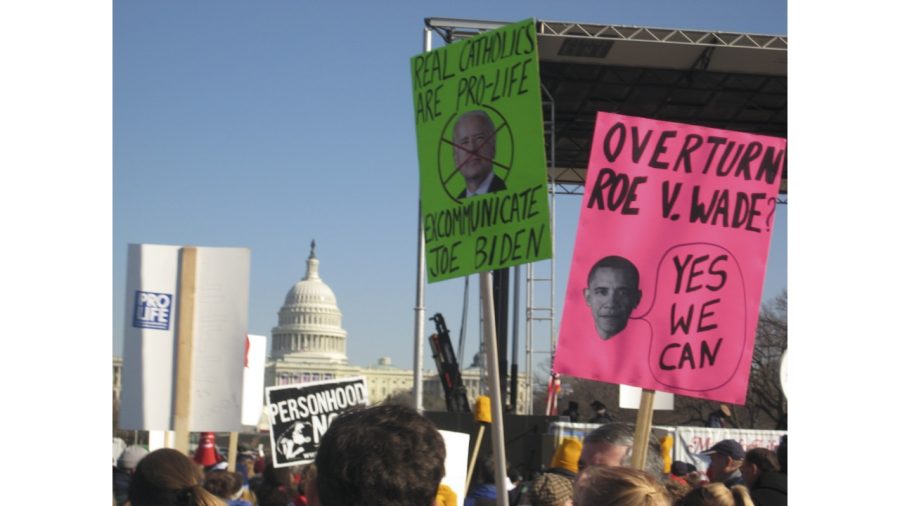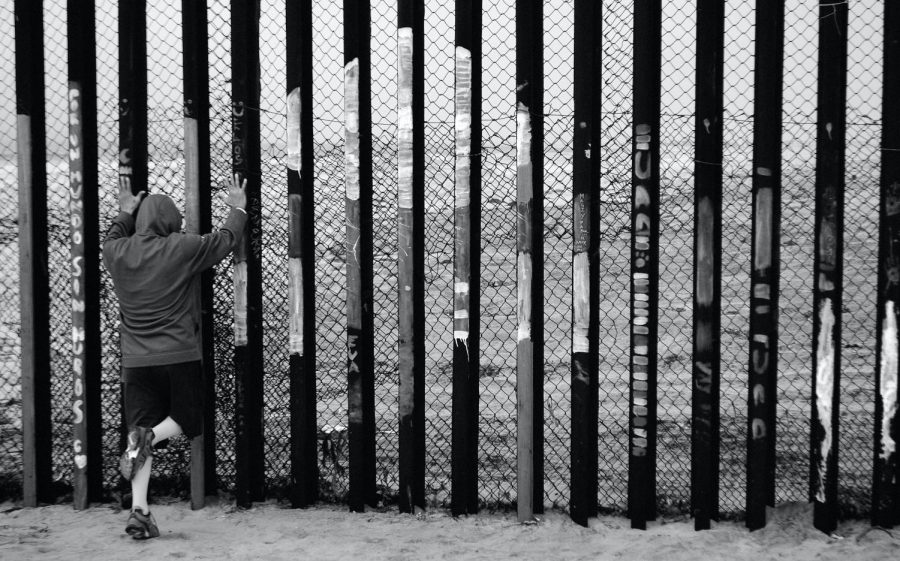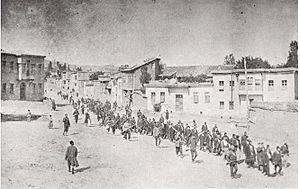Cheap and trendy clothing has become readily available, but the “fast fashion” industry that is responsible may not be all it seems.
Fast fashion can be defined as “an approach to the design, creation, and marketing of clothing fashions that emphasizes making fashion trends quickly and cheaply available to consumers.”
Fashion companies used to create seasonal lines ahead of time, deciding trends before they happened. This new approach allows consumers to regularly renew their closets and buy clothing that fits the latest trends at a low cost.
Participating companies must quickly churn out clothes to meet their customers’ demands and produce clothing before it goes out of style. This quick production leads to poor quality clothing, which is often thrown away quickly after its purchase. Consumers can afford to buy more clothes; however, more of this clothing gets disposed into landfills. Despite the prevalence of fast fashion, consumers have other options.
Senior Preksha Kedilaya is conscious about the effects her shopping has on the environment. “I thrift for a lot of reasons,” she said. “Secondhand shopping is great for the environment; less first hand clothing means less clothing in landfills at the end of the process.”
Thrifting is shopping for secondhand clothing, and it has become a mainstream option. Thrifted clothing is cheaper than clothing from eco-friendly brands, and minimizes the overall production of waste. The emergence of online thrift stores, along with over 25,000 operational second hand stores across the United States, have increased the accessibility of this option and decreased the amount of clothing that has accumulated in landfills.
The effects of the alternative fast fashion industry extend past the waste created. In order for companies to produce such cheap clothing, they must cut corners. This often results in the usage of products that release chemicals into the environment and the irresponsible use of resources. It also results in many workers earning less than minimum wage and working in unsatisfactory conditions.
Author and journalist Lucy Siegel made commentary about the effects of the industry in the documentary The True Cost. “Fast fashion isn’t free,” she said. ”Someone, somewhere is paying.”









